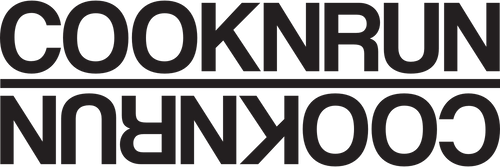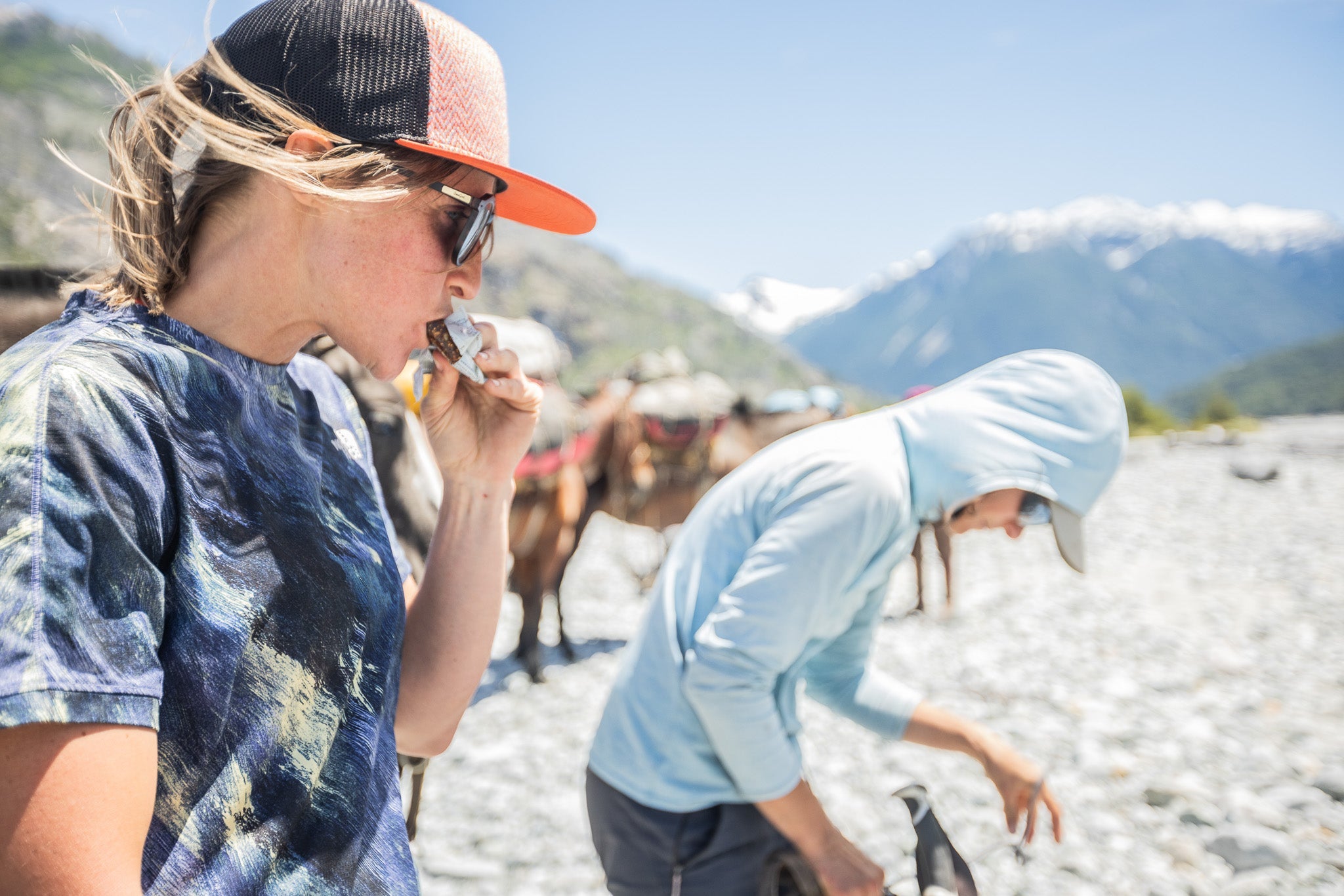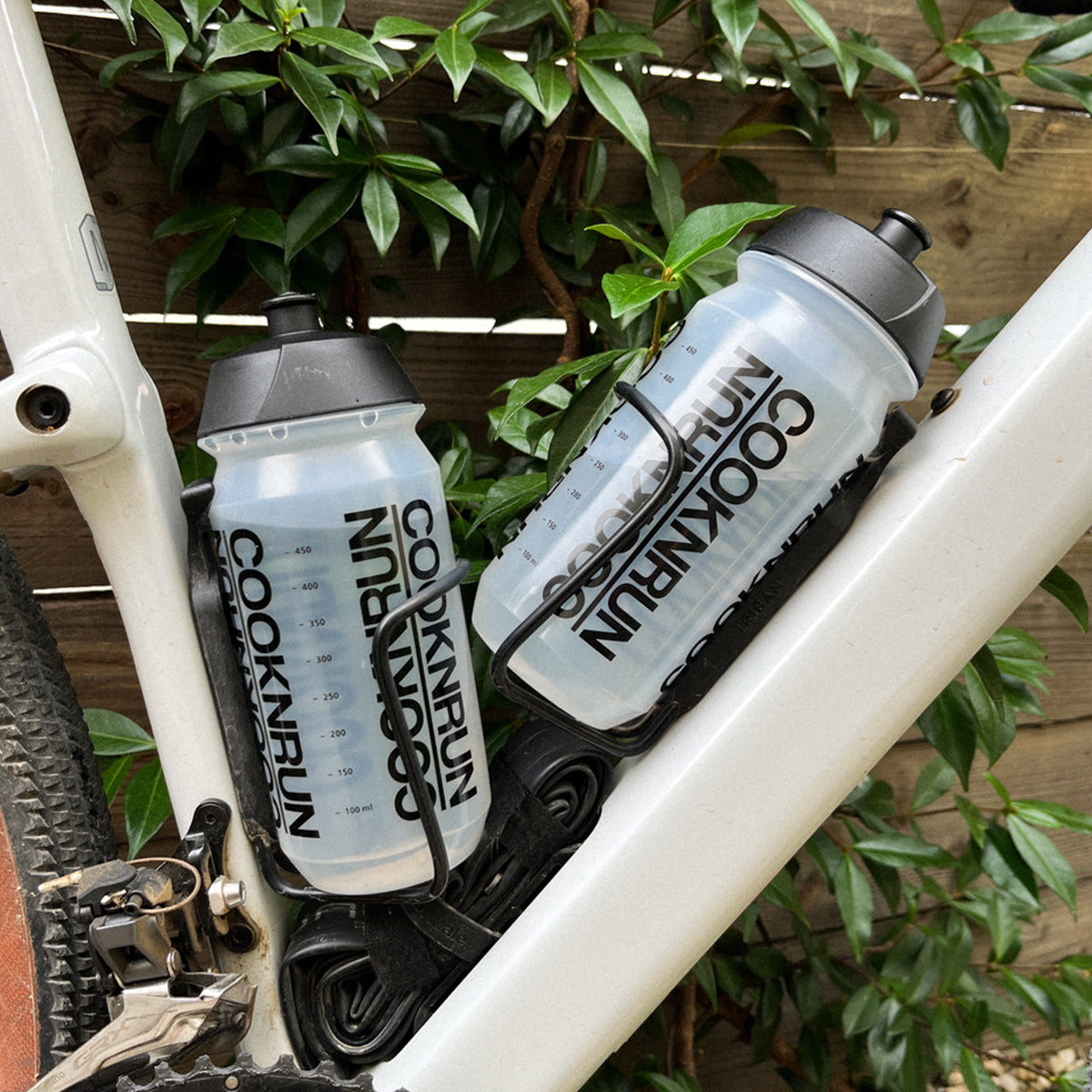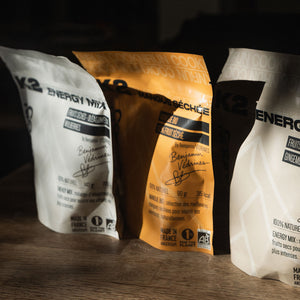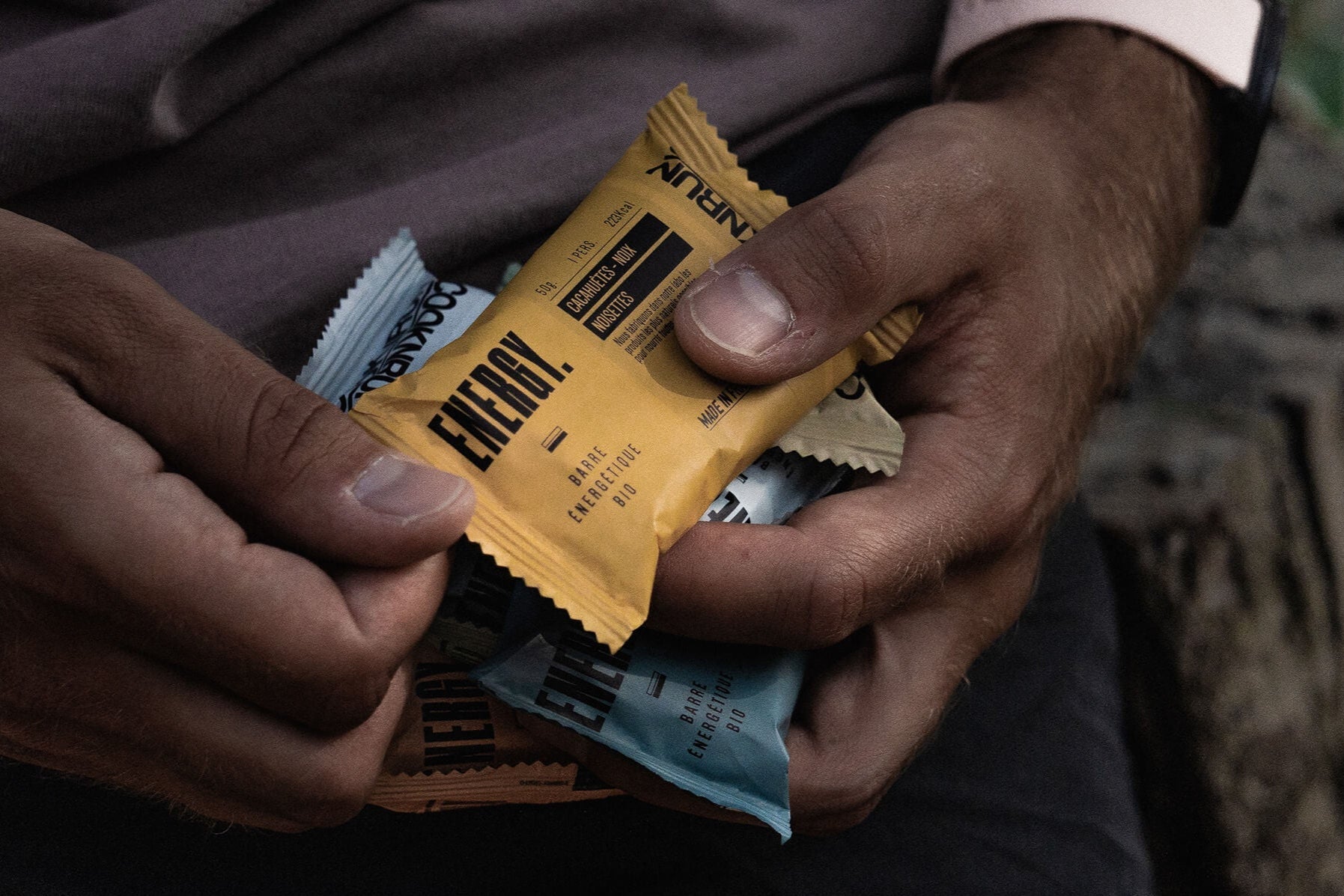Regardless of their training load, the more an athlete practices, the more their body adapts. The coach's job is to surprise the athlete's body, to shake it up. The art of training lies in this: making the athlete experience new situations to push them to adapt. Luckily, this is what the body does best. And it is thanks to this ability to adapt that the athlete progresses. But this process is costly. It generates stress and mobilizes resources. It's safe to say that an athlete leaves training generally tired, dehydrated, with some structural damage (muscles, tendons, bones, etc.). These are all signs that the session has paid off. Faced with this state of stress, the body reacts. Its only priority at this moment is to recover. That is, to return to its initial state of fitness. Healing and replenishing the various resources mobilized (water, energy, etc.). If the process stopped there, training would be pointless. But it's as if the body doesn't want to be surprised a second time. In the event of a future challenge, a future training session, the body anticipates. It has the ability to organize itself to equip itself with new resources. It anticipates more and better, in short: it progresses. The more we challenge our bodies through varied training sessions, the more we progress.
You can find all of our organic products on our website via this link: https://www.cooknrun.com/collections/tous-nos-produits
Is there a limit to this formidable capacity? Obviously, and it's unique to each individual. Indeed, everyone inherently possesses an adaptive potential. That is, a threshold beyond which the body can no longer respond to mechanical and physiological demands. A threshold beyond which it will be easier to injure yourself. There is therefore a space between the comfort zone and the overtraining zone where the body, while respecting its adaptive potential and a certain progressiveness, will naturally be pushed to adapt.
In the scenario of adaptation to exercise, nutrition plays a role in every chapter. First, during training. Before and during, we must ensure that the body has everything it needs: regulated blood sugar and adequate hydration. During the recovery phase, we cannot afford to deprive ourselves of essential elements. This could slow down or even hinder the body's various responses to exercise. And finally, during the progression phase, which remains a privileged phase, we must ensure a significant intake of a certain number of micronutrients. Our body needs elements to build itself and function. It has reserves, but these are not inexhaustible. It is capable of synthesizing certain things. Key elements do not fall from the sky. If they are not present on the plate, they will inevitably be lacking. In all cases, it is important to keep in mind one essential point: the quality of what we eat depends on the quality of our metabolic adaptations. From a physiological point of view, we literally speak of incorporation. "In-corporation," or how what we eat constitutes our body. Our cells are made with basic constituents. The principle of incorporation is underpinned by the physiology of the transition between digestive absorption and cellular renewal. We find in various literatures the idea that "We are what we eat." It is a very clear physiological reality, easy to understand and easy to link to the desired effect of sports training. However, there are some deviations from it. Where incorporation focuses on the nutritional density of our omnivorous diet, some understand "symbolic incorporation" (Claude Fischler, "The Homnivore"). A food marketing El Dorado where advertisers can sell us just about any added value to any food. So many sources of preconceived ideas and persistent errors. "The athlete must eat noodles before a competition!" Strength athletes must eat meat to build muscle! Dairy products are the only source of calcium! Almonds are fatty and make you gain weight! You need sports drinks to exert yourself!” With the help of powerful images and partnerships with renowned athletes, the sports nutrition industry often supplants common sense and physiological reality.
An athlete's diet must be a healthy diet. A body that is in full possession of its adaptive capacities is an organism that is in full possession of its means. Health and performance are intimately linked, even inseparable. Yet, performance often comes at the expense of health. This is fertile ground for the temptation of easy solutions. When the body can no longer cope, what can we do? Overuse certain authorized medications and find short-term solutions. Or turn to prohibited and harmful substances. Reflecting on sports nutrition is a reflection on the practice of sport and its ethics, and is a prophylactic alternative to doping.
